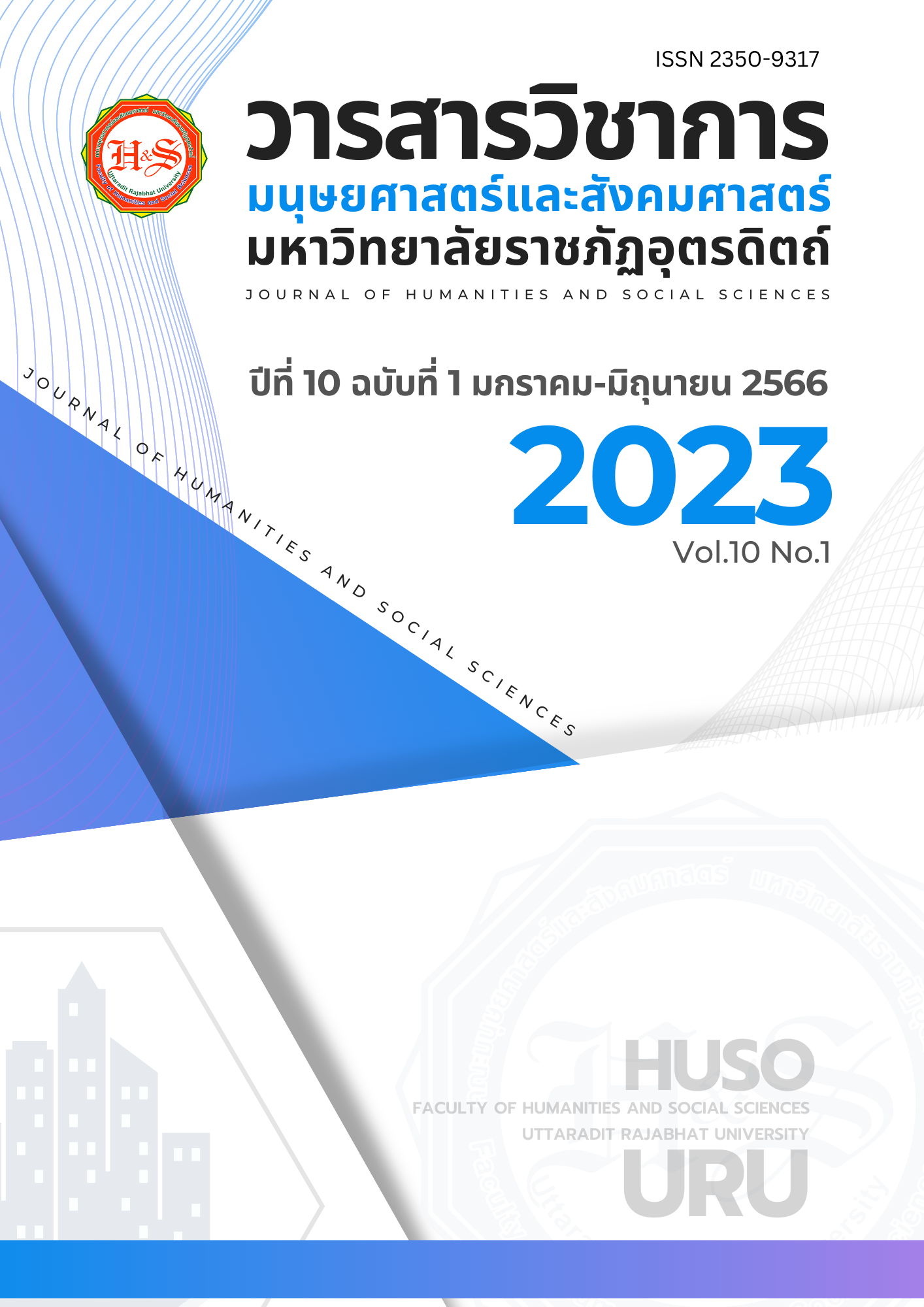The Government Policy for Inbound Tour Operator in The COVID-19 Pandemic.
Keywords:
Government policy, Tour operators, COVID-19, ThailandAbstract
The purpose of this research article is to study the application of government policies and measures undertaken to revitalize tourism businesses for foreign tourists during the COVID-19 pandemic. This research is qualitative research using in-depth interviews with 6 inbound tour operators in Thailand. A comprehensive literature review was also undertaken. The results showed that both Thailand and other countries adopted policies of proactive crisis management such as monetary and fiscal policies. In addition, they also used passive crisis management to help tour operators recover from the COVID-19 crisis. As for policies related to interactive crisis management, such as safety and hygiene measures, certification, and certification marks for tourism businesses, it was found that only tourism operators in Thailand clearly applied such measures in comparison to other countries.
References
กระทรวงการท่องเที่ยวและกีฬา. (2563). COVID-19 กับผลกระทบต่อการท่องเที่ยวไทย สถานการณ์การท่องเที่ยวของประเทศไทย ไตรมาส 1/2563. รายงานภาวะเศรษฐกิจการท่องเที่ยว, 1(4), 1-68.
Collins, S. (27 May 2020). COVID-19 recovery in the UK – the importance of domestic demand. Retrieved November 2, 2020, from HVS: https://www.hvs.com/article/8787-covid-19-recovery-in-the-uk-the-importance-of-domestic-demand
Douglas, Mö. (1994). Risk and Blame: Essays in Cultural Theory. London: Routledge.
Fakhruddin, B., et al. (2020). Are we there yet? The transition from response to recovery for the COVID-19 pandemic. Progress in Disaster Science, 7(100102), 1-5.
Gössling, S., et al. (2021). Pandemics, tourism and global change: a rapid assessment of COVID-19. Journal of Sustainable Tourism, 29(1), 1-20.
Israeli, A. A., & Reichel, A. (2003). Hospitality Crisis Management Practices: The Israeli Case. in Tourism, Security and Safety: From Theory to Practice. (pp. 313-333). UK: Elsevier.
Lai, I., & Wong, J. W. C. (2020). Comparing crisis management practices in the hotel industry between initial and pandemic stages of COVID-19. International Journal of Contemporary Hospitality Management, 32(10), 3135-3156.
Lew, A. A., et al. (2020). Visions of travel and tourism after the global COVID-19 transformation of 2020. Tourism Geographies, 22(3), 455-466.
Naumov, N., et al. (2021). Sanitation and hygiene as factors for choosing a place to stay: perceptions of the Bulgarian tourists. Anatolia, 32(1), 144-147.
Rodríguez-Antón, J.M. & Alonso-Almeida, M.d.M. (2020). COVID-19 Impacts and Recovery Strategies: The Case of the Hospitality Industry in Spain. Sustainability, 12(20), 1-17.
Stafford, G., Yu, L., & Armoo, A. K. (2002). Crisis Management and Recovery: How Washington, D.C., Hotels Responded to Terrorism. Cornell Hotel and Restaurant Administration Quarterly, 43(5), 27–40.
Downloads
Published
How to Cite
Issue
Section
License
Copyright (c) 2023 Journal of Humanities and Social Sciences Uttaradit Rajabhat University

This work is licensed under a Creative Commons Attribution-NonCommercial-NoDerivatives 4.0 International License.
บทความเป็นลิขสิทธิของคณะมส. มรภ อต.



